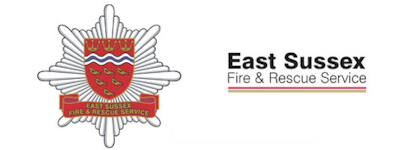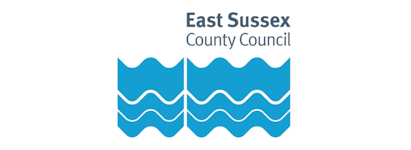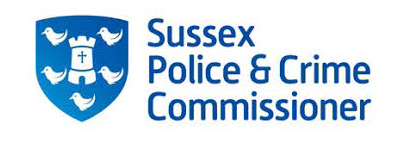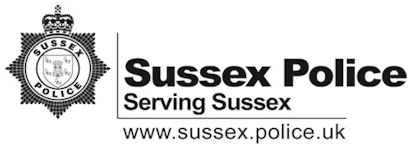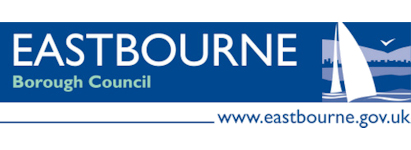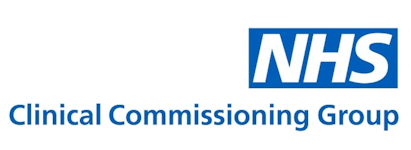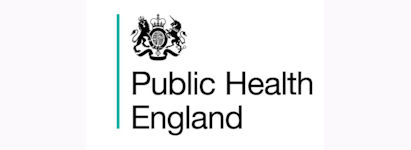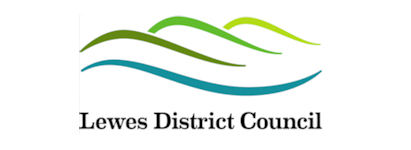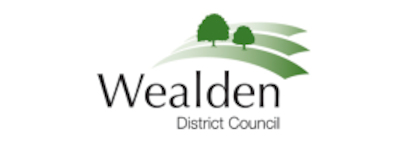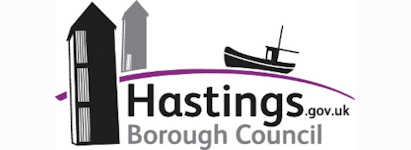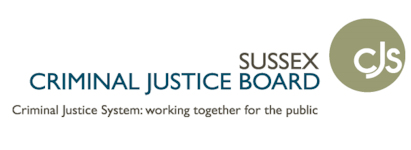A conversation about drugs and alcohol
We asked the public, partners and stakeholders for their views to ensure that future projects address local needs. There were 222 responses to an online survey and 40 people using these services attended a focus group in Feb/March 2020.
Equal numbers of people agree and disagree that conversations about drug use and/or alcohol are carried out constructively and sympathetically in their community as below:
9% Strongly disagree, 27% Disagree, 28% Neither agree nor disagree, 21% Agree
and 15% Strongly agree.
Awareness of support services as below:
- Fellowships (such as AA) 71%
- STAR (CGL) 51%
- East Sussex Recovery Alliance (ESRA) 43%
- Oasis Women’s Recovery Service 43%
- Seaview 37%
We are working with those substance misuse support services shown to have lower awareness to promote their services.We are involving those with lived experience of drug and alcohol disorders in the evaluation process.
Most likely factors to motivate someone to seek help:
- Change in stigma around needing or asking for help
- A significant life event
- Understanding what will happen when they ask for help
- Knowing they are going to be understood
- Location of services
Most important when providing support:
- Addressing mental and physical health needs
- Supporting people to stop relapsing
- Helping people in recovery to access education, training and employment
- Supporting the carers of people who misuse drugs and/or alcohol
- Providing specific support to parents
- We are working to reduce the harm associated with excessive drinking through the development of the Alcohol Harm Strategy.
- We have developed a separate fund to support members of the street community.
- We are ensuring the issues identified form the basis of all projects we commission.
The issues that people feel need addressing:
- Reduce the stigma
- Work on preventing relapse
- Services need to be consistently delivered and accessible to all
- Offer peer support
- Involve service users when developing services
- Provide a suitable environment for individuals
- Work closely with other projects, partners and stakeholders
- Promote and talk about projects positively
Groups needing extra support:
- The Armed Forces Community
- The street community
- Those caring for others
- People with mental and physical health needs
- Those needing gender specific services
Feedback:
"Drugs and/or alcohol are a coping strategy to deal with, in most cases,traumatic lived events".
"Usually things get to a point where other areas of life are impacted and the status quo can’t go on and this is the impetus for change".
"I think these conversations are happening more and further encouragement is needed by service providers,commissioners, employers and others".
"All kinds of substance abuse carry a very negative stigma and are popularly believed to be simply lifestyle choices made by sufferers. Very few people truly understand their nature".

